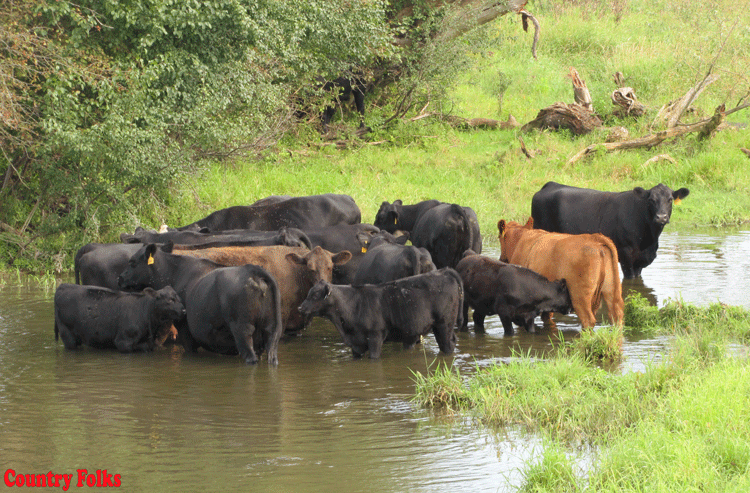State Senator James L. Seward (R/C/I – Oneonta) recently called for the Farm Laborers Wage Board to put the brakes on any changes to the 60-hour overtime threshold for farmworkers. Senator Seward joined with the Senate Republican Conference and members of the farming community in calling for freezing the threshold at its current level to enable the collection of more data on the mandate’s impact.
“Farmers have spent the past few months doing exactly what they always do – overcoming difficult circumstances to feed our communities and the nation while sustaining our state’s economy,” said Senator Seward. “Whether it is high energy costs, a low return for their products, never ending regulations, or an unprecedented pandemic, farmers continue to persevere just as they have done for generations. Now it is time for the state to exercise commonsense rather than adding new obstacles that could harm farmers and farmworkers alike. The Farm Labor Act was bad policy to begin with and further tightening the screws will only plow more family farms under.”
Senator Seward is co-sponsoring legislation (S.8944) introduced by Senator Borrello, Ranking Member of the Senate Agriculture Committee, which would delay any recommendations from the wage board until 2024.
The legislation would extend the date that the wage board’s report must be submitted from Dec. 31, 2020 to Dec. 31, 2024. This would allow for the collection of four years of data to provide a truer picture of the impact of the 60-hour threshold on the finances and operations of New York farms. The measure would also require the board to consider additional factors in its decision-making, including wage and overtime rates in neighboring states, the impact that COVID-19 has had on the agricultural industry, total compensation, including other benefits such as housing and insurance, and the supply and demand of farm employees.
“The new overtime requirements have been in place for only eight months and it is incomprehensible to me that even more stringent regulations are already being contemplated. Additionally, with restaurants operating at a lower capacity and schools holding classes online thanks to the COVID-19 pandemic, demand for many products grown by our farmers has dropped substantially. Our focus need to be on measures to help our farmers, boost our economy, and ensure consumers have the best food available,” Seward added.
Passed in 2019, the Farm Workers Fair Labor Practices Act granted year-round and seasonal farm employees many of the same labor rights and benefits as workers in other industries. Those rights included collective bargaining, housing protections, enhanced worker’s compensation protection and overtime pay of one and a half times an employee’s regular wages after 60 hours of work per week and/or if they choose to work on a designated day of rest.
The bill also mandated that the state Labor Commissioner establish a farmworkers’ wage board to examine the overtime pay threshold and consider whether it should be lowered even further. The current three-member board includes New York State AFL-CIO President Denis Hughes, Buffalo Urban League President Brenda McDuffie and New York Farm Bureau President David Fisher.
Despite the insistence of struggling farmers across the state that the measure could put them out of business, and projections from farm industry associations showing that the measure could increase wage expenses by a crippling 44%, a coalition of activists and downstate lawmakers pushed the bill forward. The governor signed the bill into law on July 17, 2019 in Manhattan.











Leave A Comment